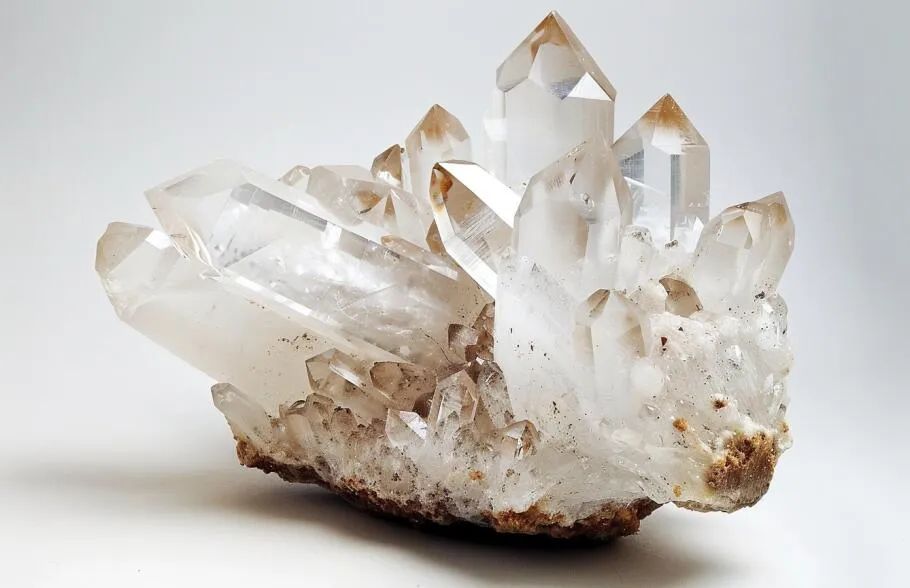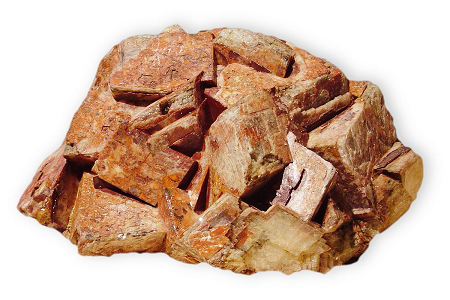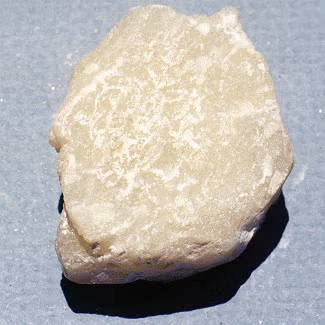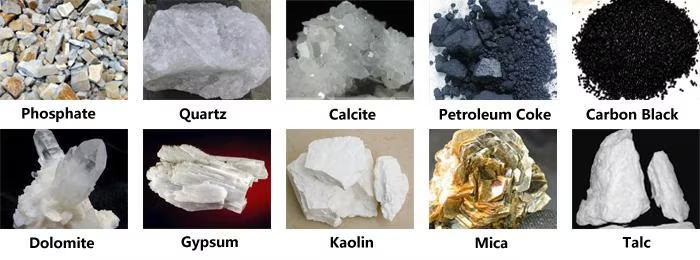When you think of mining, you might imagine gold, silver, or coal. But some of the most important minerals we use every day aren’t metals at all — they’re industrial minerals .
From the ceramics in your home to the concrete in your office building, industrial minerals are everywhere. They may not sparkle like gemstones, but they’re essential to modern life.
In this post, we’ll explore what industrial minerals are and highlight some of the most common industrial minerals examples you should know.
What Are Industrial Minerals?
Industrial minerals are naturally occurring, non-metallic minerals that are mined for their specific chemical or physical properties rather than for energy or metal content.
They are used in a wide variety of industries, including:
- Construction
- Ceramics
- Agriculture
- Electronics
- Cosmetics
- Paper and paint manufacturing
Unlike metallic ores, these minerals are valued for their properties such as hardness, thermal resistance, optical clarity, or chemical stability.
Common Industrial Minerals Examples
Here are some of the most widely used industrial minerals and their key applications:
1. Quartz (SiO₂)
Quartz is one of the most abundant minerals on Earth. It’s used in glassmaking, foundry sand, and electronics — especially in watches and radios due to its piezoelectric properties.

2. Feldspar
Feldspar is a key ingredient in the production of ceramics and glass. It acts as a flux, lowering the melting temperature of materials and improving workability.

3. Kaolin (China Clay)
Kaolin is used in the paper industry to create glossy coatings, in ceramics for its fine texture, and even in skincare products for its absorbent qualities.

4. Gypsum
Gypsum is best known as the main component of drywall. It’s also used in cement production and as a soil conditioner in agriculture.

5. Talc
Talc is the softest known mineral and is widely used in cosmetics, paints, and plastics for its smooth texture and lubricating properties.

Why Industrial Minerals Matter
These minerals may not always make headlines, but they are foundational to modern life. From the materials we build with to the devices we use daily, industrial minerals are quietly shaping our world.
As industries continue to innovate, the demand for high-quality industrial minerals is only expected to grow — making them more important than ever.

Frequently Asked Questions (FAQs)
1. What industries use industrial minerals the most?
The construction, ceramics, cosmetics, and electronics industries are among the top users of industrial minerals.
2. Are industrial minerals sustainable?
Most industrial minerals are non-renewable, but sustainable mining and recycling practices are helping to reduce environmental impact.
3. Can industrial minerals be replaced by synthetic materials?
Some applications use synthetic alternatives, but natural industrial minerals often offer unique properties that are difficult to replicate.
